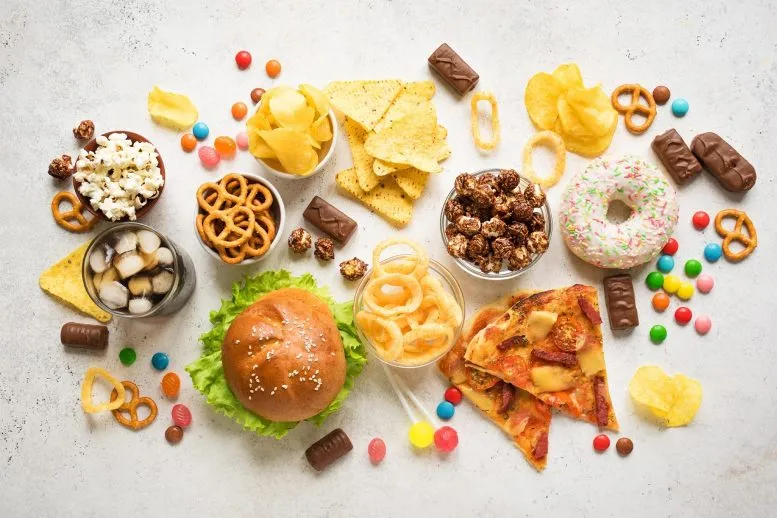Sep 13(ABC):According to recent research published in the journal Neurology, those who consume the highest amounts of ultra-processed foods, such as soft drinks, chips, and cookies, may have a greater chance of developing dementia than those who consume the lowest amount. Researchers also discovered that substituting ultra-processed foods for unprocessed or minimally processed foods in a person’s diet was connected with a decreased risk. The study does not prove that ultra-processed foods cause dementia. Only an association was shown.
Ultra-processed foods are low in protein and fiber and heavy in added sugar, fat, and salt. Soft drinks, salty and sweet snacks, ice cream, sausage, deep-fried chicken, yogurt, canned tomatoes and baked beans, ketchup, mayonnaise, packaged guacamole and hummus, packaged bread, and flavored cereals are some examples of ultra-processed foods.
“Ultra-processed foods are meant to be convenient and tasty, but they diminish the quality of a person’s diet,” said study author Huiping Li, Ph.D., of Tianjin Medical University in China. “These foods may also contain food additives or molecules from packaging or produced during heating, all of which have been shown in other studies to have negative effects on thinking and memory skills. Our research not only found that ultra-processed foods are associated with an increased risk of dementia, but it also found replacing them with healthy options may decrease dementia risk.”
Participants in the study completed at least two questionnaires on what they ate and drank the day before. Researchers calculated how much ultra-processed food individuals ate and compared it to the grams per day of other foods to produce a proportion of their daily diet. They then separated the subjects into four equal groups, ranging from the lowest to the greatest percentage intake of ultra-processed foods.

